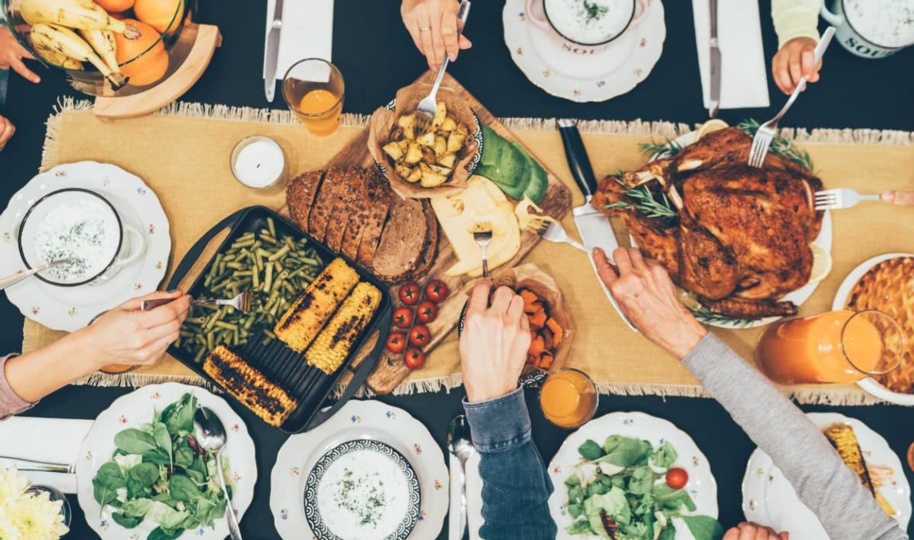
Practical tips to help you prepare for a happy, healthy holiday season.
![]()
As you head towards the holiday season, you’ll probably be preparing to celebrate the end of the working year, Christmas and the new year – as well as the general sunshine and happiness the warm weather brings.
Yet, for many of us, these celebrations are often characterised by party foods, indulgence and overconsumption.
So, if you’re tired of the annual Christmas blowout, fear not – it is possible to stay healthy and celebrate. All you need is a little willpower – and some simple tips to help you get started.
High-fat and high-salt foods cause your liver to work hard at ridding the body of damage and this can lead to sluggish liver.
If you’re hosting a party this holiday season, aim to serve healthy party foods instead of salty, fatty treats. Here are some alternatives to try:
During the holiday season, many of us have a tendency to overeat. Whether this is at a Christmas dinner, an ‘all you can eat’-style buffet, or a party where canapes and snack foods abound, it can be tricky knowing how much you’ve eaten if you don’t have a dinner plate in front of you.
When you increase the volume of your meals, your energy intake increases as well – and, over time, this can lead to other health problems.
Remember, the silly season doesn’t have to be synonymous with overindulgence – but it may not be easy to stick to your guns when you’re surrounded by people who aren’t on the same page.
Psychologists argue that willpower is like a muscle – it can be trained, yet it uses up vital energy and can become depleted if overused. For this reason, it makes sense to spend time training it – and not taking on too much.
Start slowly, and focus on changing one habit first – rather than attempting to do too much at once. Your health – and especially your liver – will thank you for it.
References available on request.